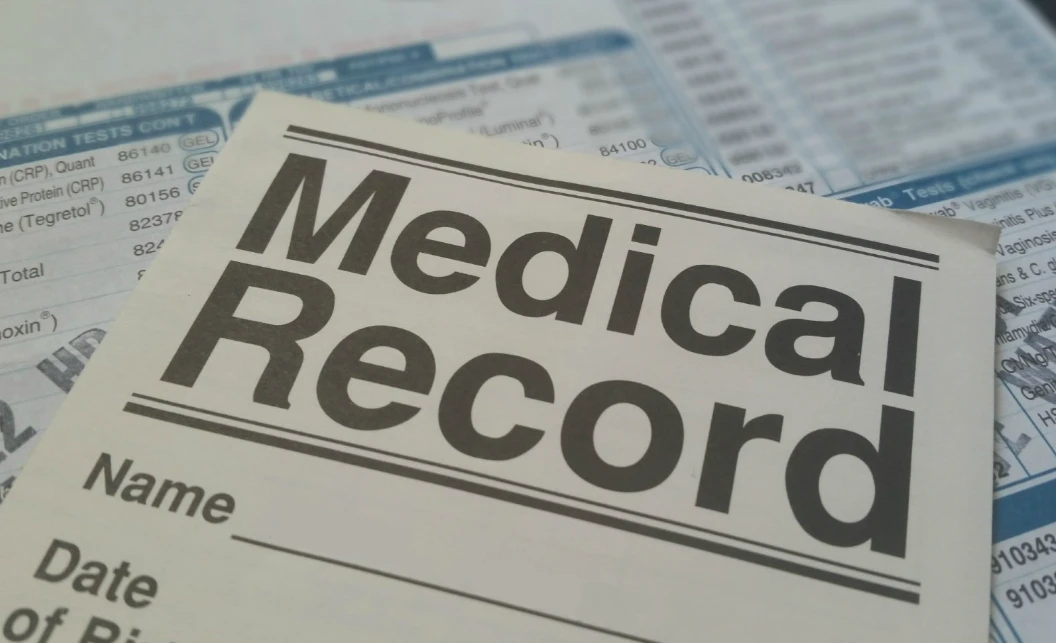
Massive Healthcare Data Breach Exposes Over 1 Million Americans: How Xcitium Prevents Cyberattacks
Yet another major healthcare data breach has exposed the sensitive information of over 1 million Americans, underscoring the persistent vulnerabilities in the healthcare industry. With attackers relentlessly targeting hospitals, clinics, and healthcare providers, it’s clear that traditional security models are no longer enough to protect patient data.
The healthcare sector must move beyond outdated cybersecurity strategies and adopt a Zero Trust approach that eliminates the assumption of safety. Unlike traditional Zero Trust models that focus on access authentication, Xcitium’s Zero Trust architecture ensures that the safety or risk of every file, application, or executable is verified—never assuming that something is safe just because it hasn’t been flagged as malicious. This proactive strategy is critical in preventing breaches like this one before they happen.
Why Healthcare Data Is a Prime Target for Cybercriminals
Hospitals and healthcare organizations store highly sensitive information, making them lucrative targets for hackers. The primary reasons include:
1. High-Value Personal & Medical Data
- Patient records contain Social Security numbers, medical histories, financial details, and insurance information, which are highly profitable on the dark web.
2. Outdated IT Systems & Legacy Infrastructure
- Many healthcare institutions still operate on legacy systems that lack modern security protections, making them easy targets for attackers.
3. Operational Urgency & Ransomware Risks
- Disrupting hospital operations can put lives at risk, pressuring organizations to pay ransom demands quickly to restore access to critical systems.
4. Third-Party Vendor Vulnerabilities
- Many breaches occur through third-party service providers, introducing risks that hospitals cannot always directly control.
The Impact of Healthcare Data Breaches
The effects of a healthcare data breach extend far beyond the initial attack, leading to:
- Compromised Patient Privacy: Exposed medical and financial data puts millions at risk of identity theft and fraud.
- Disrupted Healthcare Operations: Cyberattacks can shut down hospital networks, delay critical care, and prevent access to medical records.
- Regulatory & Compliance Penalties: HIPAA violations and other regulatory breaches can result in significant fines and legal action.
- Long-Term Financial & Reputational Damage: Hospitals and healthcare providers face lawsuits, financial losses, and loss of public trust.
The Problem with Traditional Cybersecurity Defenses
Most healthcare organizations still rely on reactive cybersecurity measures, which only detect threats if they are known as malicious or after they have already executed. This approach is deeply flawed because:
1. It Assumes Safety Unless Specifically Known as Dangerous
- Most legacy security tools only react when a known threat is detected, leaving hospitals exposed to zero-day attacks and unknown malware.
2. Lack of Proactive Threat Containment
- Traditional endpoint protection allows unknown threats to execute before responding, often resulting in data theft before action can be taken.
3. Over-Reliance on Access-Based Zero Trust
- While many healthcare organizations focus on identity verification, this does not prevent the execution of malicious files, applications, or executables.
Xcitium’s Zero Trust Approach: The Key to Preventing Healthcare Data Breaches
Xcitium’s Zero Trust architecture is different. Instead of assuming something is safe until proven otherwise, every file, application, and executable is verified before being allowed to interact with critical systems.
How Xcitium’s Zero Trust Approach Works:
1. No Assumptions About Safety
- Every file, application, and executable is assessed in real-time. If its safety is unknown, it is automatically diverted to ZeroDwell tehnology until verified.
2. ZeroDwell Technology
- Unlike traditional antivirus software that only reacts after an attack, Xcitium’s ZeroDwell technology proactivley neutralizes unknown threats by virtualizing their attack vectors, this prevents threats from affecting production systems, stopping ransomware, malware, and exploits at the source.
3. Proactive Risk Management
- Xcitium eliminates security gaps by verifying every file before execution in production, ensuring that healthcare organizations are never caught off guard.
4. Scalability for Large Healthcare Networks
- Designed to secure hospitals, healthcare systems, and third-party service providers, Xcitium’s solutions protect against cloud-based, on-premise, and mobile threats.
Steps Healthcare Organizations Must Take to Prevent Data Breaches
The healthcare industry must shift to proactive cybersecurity strategies. Key actions include:
1. Adopt a File- and Application-Level Zero Trust Model
- Implement a Zero Trust framework that ensures every executable is verified before being allowed to run.
2. Deploy Real-Time Threat Containment
- Prevent malware, ransomware, and other attacks before they execute by using virtualized execution technology.
3. Enhance Third-Party Security & Compliance
- Require strict cybersecurity measures for vendors and service providers to minimize supply chain risks.
4. Conduct Continuous Risk Assessments
- Regular security audits, penetration testing, and real-time monitoring help identify vulnerabilities before cybercriminals can exploit them.
5. Invest in AI-Powered Threat Intelligence
- AI-driven threat intelligence and behavioral monitoring provide early detection and response to emerging cyber threats.
How Xcitium Protects Healthcare Organizations from Data Breaches
Xcitium provides advanced security solutions that stop cyber threats before they cause financial and reputational damage.
Key Features of Xcitium’s Security Platform:
- ZeroDwell Technology: Instantly and proactively neutralizes suspicious files and prevents unknown threats from executing in production systems.
- Proactive Threat Validation: Ensures that all files, applications, and executables are verified for safety before interacting with healthcare systems.
- Enterprise-Grade Scalability: Protects hospitals, clinics, and medical organizations across global networks.
- Regulatory Compliance Support: Helps organizations meet HIPAA, GDPR, and other data protection regulations.
- AI-Driven Threat Intelligence: Provides real-time monitoring and insights into emerging cyber threats.
Conclusion: Stopping Healthcare Cyberattacks Before They Happen
The exposure of over 1 million patient records in this latest healthcare breach highlights the urgent need for proactive cybersecurity measures. The healthcare industry cannot continue relying on outdated security models that react only after an attack has already taken place.
With Xcitium’s Zero Trust approach, hospitals and healthcare providers can eliminate assumptions about safety, verify every file and executable before execution, and prevent breaches before they happen.
Cybersecurity isn’t about responding to attacks—it’s about preventing them. With Xcitium, prevention is a guarantee, not a gamble.
Please give us a star rating based on your experience.
